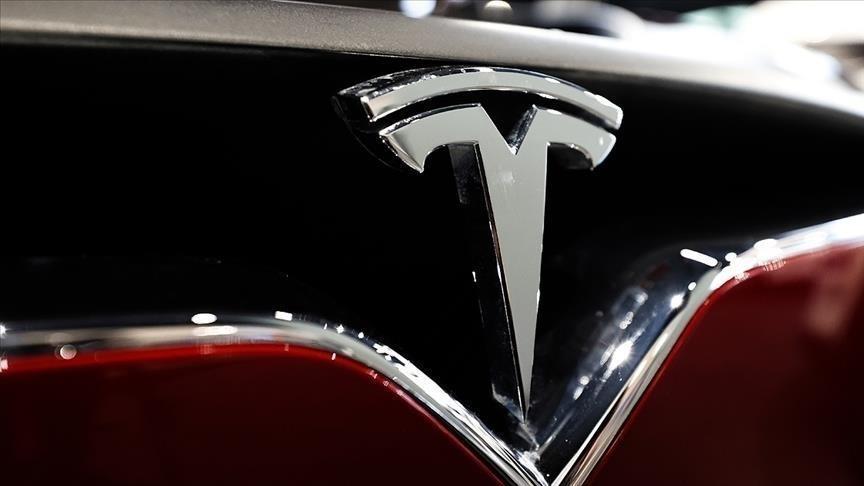
While sales of Tesla are plunging in many markets such as the United States, Europe and China, it is virtually selling out in Türkiye.
In Europe, Tesla sales fell by 49 percent in April, dropping to 7,000 units. Similarly, the EV maker saw a 6 percent decline in China, one of its largest markets, while its U.S. sales decreased by 13 percent in the first quarter of the year.
The company also suffered significant profitability losses in the first quarter.
This downturn was due to consumers reacting to Elon Musk’s political stance and the increasing competition in the electric vehicle sector.
However, due to its competitive pricing, strong demand in Türkiye is providing Musk with much-needed relief.
In order to keep the new Model Y within the 10 percent Special Consumption Tax (SCT) bracket, the company applied a special discount and announced the price of this model in the Turkish market as 1.87 million Turkish Liras ($47,800). Demand is overwhelming.
Most recently, when Model Y was reopened for sales last week, the surge in demand caused the brand’s website to crash. Users were unable to access the site, and stocks reportedly sold out in a short time.
On social media, some users claimed they purchased the vehicles by accessing the website via VPN from different countries, while others who were blocked by the VPN restriction sent complaint letters to Musk.
Due to the requirement for delivery within 45 days, Tesla can only gradually open a limited number of vehicles for orders.
The number of new Model Y orders in Türkiye has quickly surpassed 5,000, daily Hürriyet reported.
In January-April, Tesla delivered 3,450 cars in Türkiye, up from only 402 in the same period of last year, according to the data from the Automotive Distributors’ and Mobility Association (ODMD).
In the first four months of 2025, EV sales in Türkiye surged by 85.5 percent annually to 42,856 units.
Meanwhile, except for BYD, which has received investment incentives, Chinese brands are losing their share in the Turkish market, struggling to stay afloat due to additional customs regulations and measures that make importing electric vehicles more difficult.
None of the Chinese brands, except for BYD, can import electric vehicles, while the tax burden on Chinese-made internal combustion engine cars in Türkiye has reached around 245 percent. This situation complicates the operations of Chinese brands.